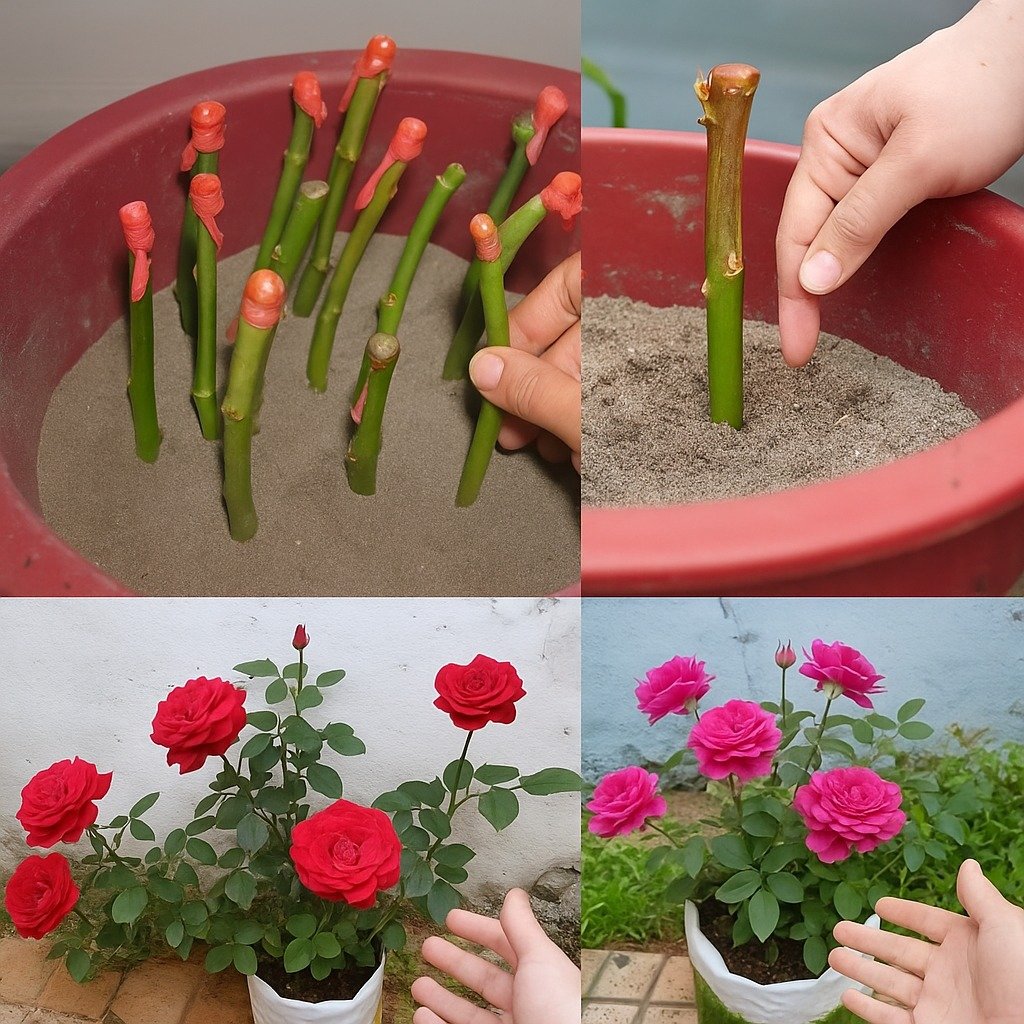In the present quick moving world, stress has turned into a typical ally for some. Whether it’s work pressures, individual obligations, or monetary worries, stress can adversely influence both mental and actual wellbeing. One effective and natural method for overseeing and decrease stress is through meditation. Contemplation offers a basic yet strong strategy for quieting the brain, decreasing tension, and advancing a feeling of harmony.
How Meditation Reduces Stress?
Meditation is the act of zeroing in the brain on the current second, assisting people with disengaging from the tumultuous considerations that frequently causes stress. When practiced regularly, meditation can initiate the body’s unwinding reaction, which brings down cortisol levels (the pressure chemical), decreases pulse, and energizes a feeling of inward quiet.
One of the key ways reflection decreases stress is by moving consideration away from unpleasant contemplations and stresses. By focusing on the breath or a quieting picture, meditation empowers care — a condition completely present without judgment. This care can assist people with turning out to be more mindful of their pressure triggers and better prepared to oversee them.
Simple Meditation Techniques to Reduce Stress
Regardless of whether you’re new to meditation , there are basic practices you can integrate into your day to day daily schedule to begin decreasing pressure. The following are a couple of fledgling cordial meditation strategies:
1.Breathing Meditation
This is one of the least demanding and best types of contemplation for stress help. Sit in an agreeable position, shut your eyes, and spotlight on your relaxing. Take slow, full breaths, breathing in through your nose and breathing out through your mouth. As you inhale, focus on the impression of the air filling your lungs and leaving your body. Assuming that your psyche starts to meander, delicately take your consideration back to your breath. This training can assist with dialing back your pulse and make a sensation of unwinding.
2.Body Scan Meditation
Body examine meditationdiminishes pressure by advancing consciousness of your body and delivering strain. To rehearse, sit or rests in an agreeable position. Shut your eyes and spotlight on each piece of your body, beginning from your toes and moving gradually up to your head. As you examine every region, notice any strain or inconvenience, and envision it liquefying away with every breath. This meditation is particularly useful for delivering actual pressure brought about by pressure.
3.Mindfulness meditation
Care meditation urges you to zero in on the current second without becoming involved with memories or future. Sit easily, center around your breath, and essentially notice your contemplations really do without judgment. Instead of attempting to shut out upsetting considerations, recognize them and afterward let them pass, returning your thoughtfulness regarding your breath. After some time, this training helps fabricate strength to push and works on your capacity to deal with feelings.
4.Loving-Kindness Meditation
Adoring benevolence contemplation, otherwise called “metta” reflection, includes sending considerations of affection and thoughtfulness to yourself as well as other people. This training can diminish pressure by advancing good feelings and lessening sensations of outrage or disappointment. To begin, shut your eyes, inhale profoundly, and rehash phrases like “May I be blissful, may I be sound, may I find a sense of contentment.” Then, at that point, stretch out these desires to other people, including friends and family, companions, and, surprisingly, troublesome individuals in your day to day existence. This training develops sympathy and lessens the effect of weight at the forefront of your thoughts and body.
The Advantages of Meditation for decreasing stress
The advantages of normal reflection for stress decrease go past prompt unwinding. Steady reflection practice can prompt:
- Improved emotional regulation
- Better focus and concentration
- Increased self-awareness
- Enhanced coping mechanisms for stress and anxiety
By integrating reflection into your day to day everyday practice, you can slowly construct strength to stretch and appreciate more prominent mental and profound prosperity.


